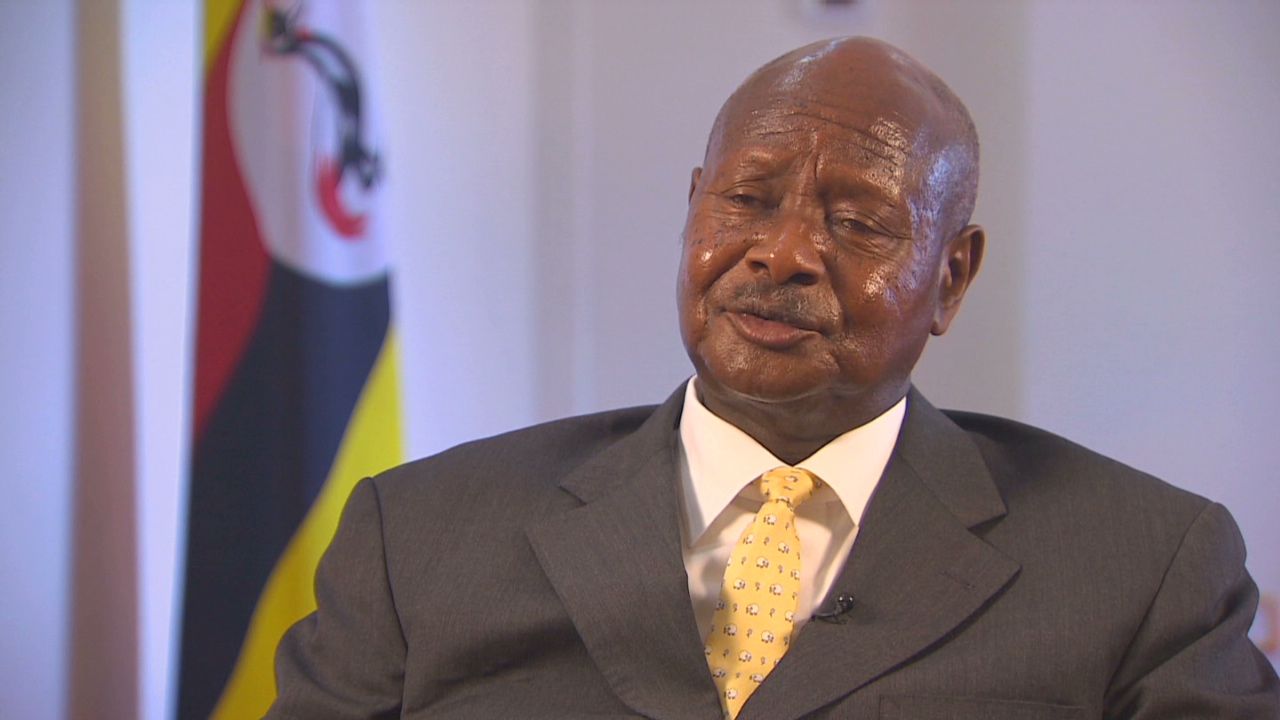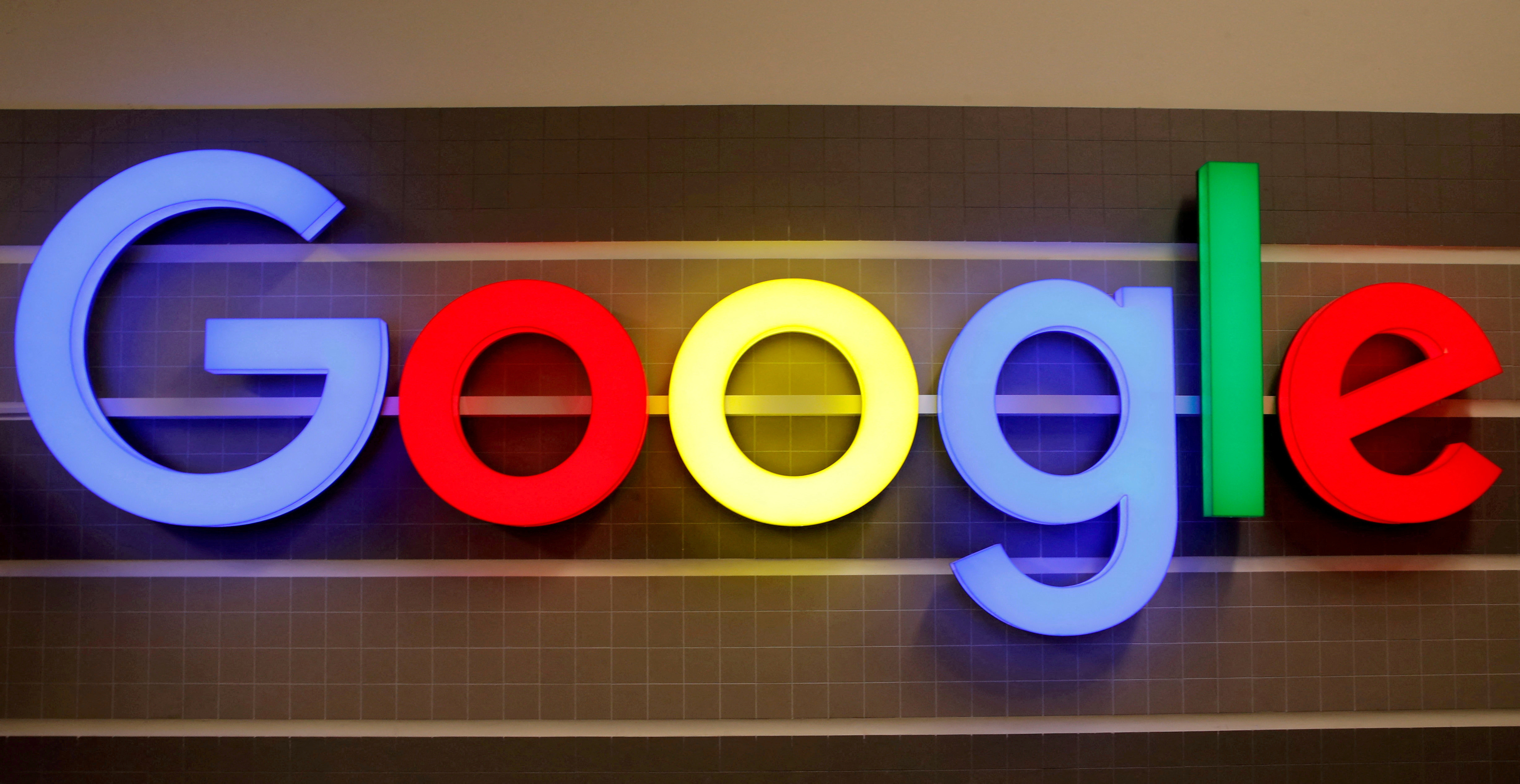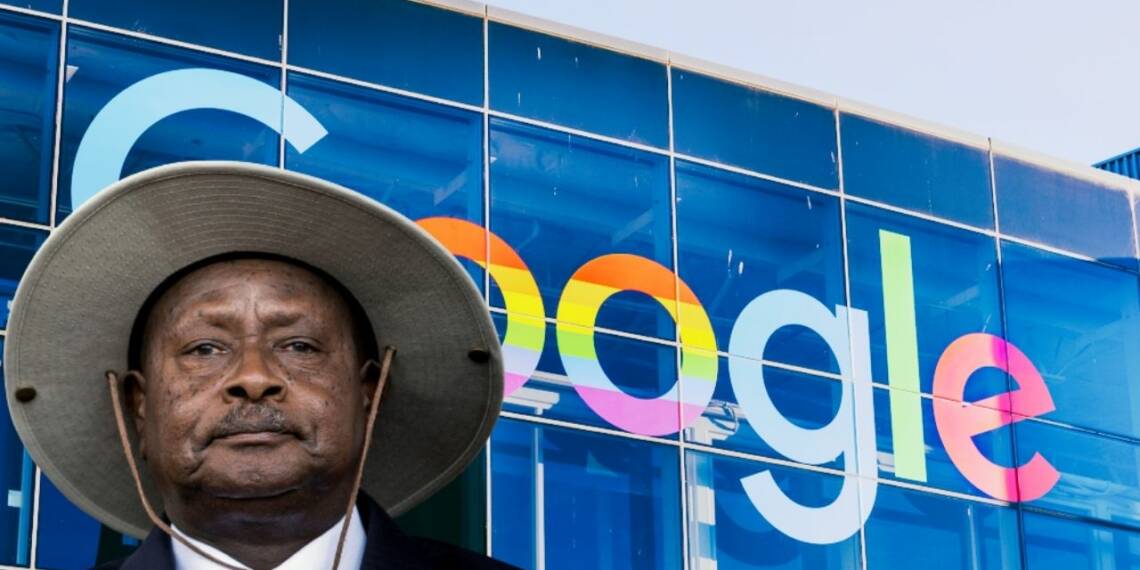Uganda LGBTQ law: The storm surrounding Uganda anti-LGBTQ law is far from over. The law, which prohibits the identification as LGBTQ in Uganda, was passed in record time in parliament and has faced condemnation from international organizations and Western nations. Although the bill is awaiting President Museveni’s signature, the US previously warned of potential sanctions against Uganda if the bill became law. Meanwhile, the United Nations urged Uganda to block the “worst in the world” anti-LGBTQ bill, as proposed laws in Uganda could result in death and life imprisonment for some LGBTQ crimes. With the bill now facing strong international backlash, including from the UN and the US, corporate giants have also joined the chorus, urging Uganda to reconsider.
LGBTQ law: Will Uganda backtrack?
According to a report, a coalition of international companies, including Google and Microsoft, denounced the anti-LGBTQ legislation passed by Uganda. The Open for Business coalition stated that the legislation, which criminalizes identifying as lesbian, gay, bisexual, transgender, or queer, would hinder investment flows and deter tourists.

Uganda’s bill imposes the death penalty for those who commit so-called aggravated homosexuality, defined as same-sex relations with people under the age of 18 or when the perpetrator is HIV positive, among other categories. Furthermore, the coalition has taken issue with the bill’s provision that requires companies to report those suspected of being LGBTQ, which would put them “in an impossible situation,” according to Yvonne Muthoni, the coalition’s country director in neighboring Kenya. Muthoni added, “Either they violate the LGBTQ law in Uganda or they go against international standards of corporate responsibility, as well as human rights laws of the countries in which they are headquartered.”
Read More: President Museveni’s anti-West stance: Uganda defies international pressure to scrap Anti-LGBTQ bill
The coalition argues that anti-LGBTQ discrimination carries significant economic costs. According to a 2019 study conducted by the coalition, Kenya loses up to 1.7% of its GDP annually as a result of such discrimination.
Considering that Google, Mastercard, Unilever, Standard Chartered, PwC, and Deloitte, all members of the coalition, have operations in Uganda, the anti-LGBTQ laws in the country may also affect the economy. However, many African countries do not take kindly to such “interference” over the LGBTQ issue, and leaders in countries like Uganda consider it a foreign import.

The speaker of Parliament in Ghana, for instance, has criticized US Vice President Kamala Harris for advocating LGBTQ rights in Ghana. He argued that her speech on the matter devalues the people and the country. Uganda shares similar sentiments on the matter. It is thus premature to predict whether Uganda will backtrack on the bill awaiting its President’s signature, considering its potential economic damage, or whether it will stand firm on the bill and dismiss the coalition’s appeal as another attempt to interfere in its internal affairs.
Read More: Why is the west forcing Kenya and Uganda to accept LGBTQ
https://www.youtube.com/watch?v=QGaaEVMny2A&t=31s







